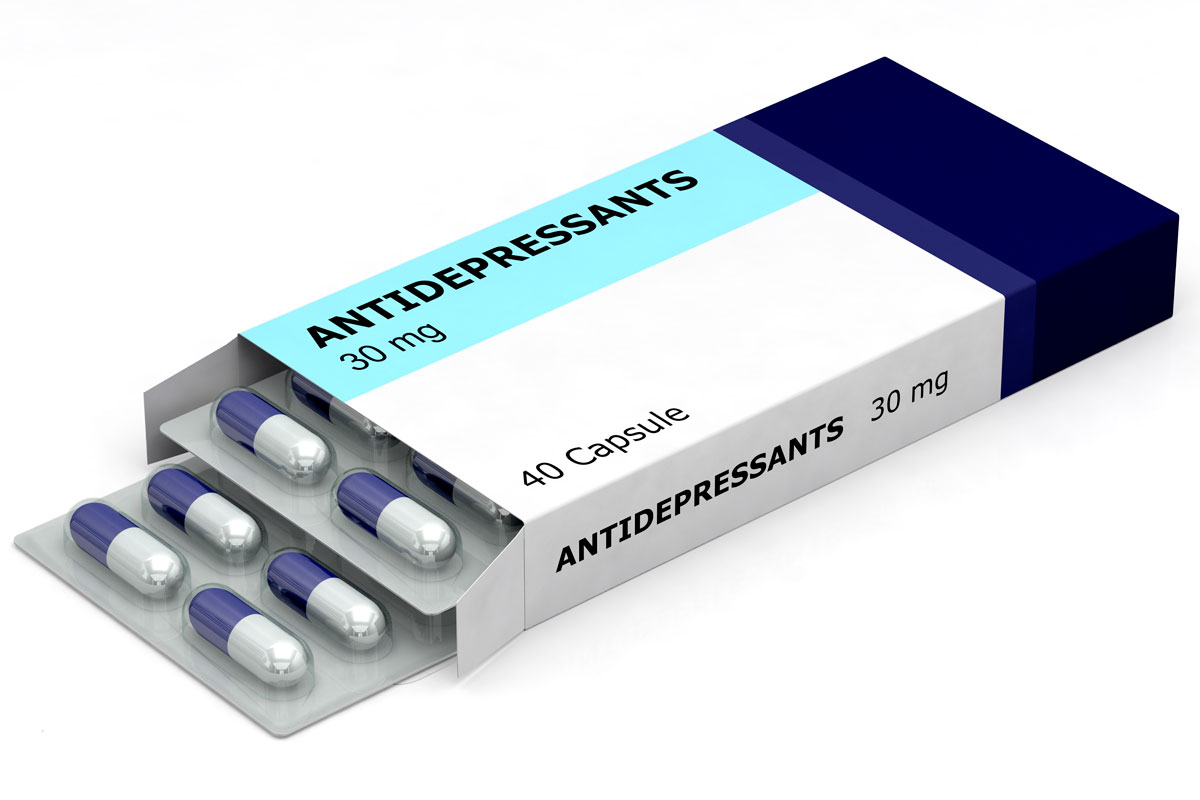
Image credit : http://www.ophthalmologymanagement.com/
Previous posts about patient informed consent on this blog provided insight into required documentation in a medical record, and they were built upon requirements on:
- how a process defined by the hospital and carried out by trained staff in a language the patient can understand, facilitates acquiring patient informed consent
- how patients and families can make care decisions after they receive adequate information about the illness, proposed treatment(s), and about health care practitioners who have primary responsibility for the patient’s care or who is authorised to perform procedures or treatment(s)
- informed consent which is obtained before surgery, anaesthesia, use of blood and blood products, and other high-risk treatments and procedures

Image credit : http://www.eidohealthcare.com/
In this post I shall discuss about a hospital process within the context of existing law, culture, and custom when others can grant informed consent as the last required documentation in the medical record for patient informed consent.
Informed consent is based (Michelle & Mary, 2011) upon the principle of autonomy which refers to an individual’s right to choose and the ability to act on that choice. The individuality of a patient as an individual with a right to decide for them is respected when autonomy is maintained.
A frequently occurring ethical dilemma confronting autonomy is when informed consent for care sometimes requires that people other than (or in addition to) the patient be involved in decisions about the patient’s care. This is especially true when the patient does not have the mental or physical capacity to make care decisions, when culture or custom requires that others make care decisions, or when the patient is a child. It should not be surprising that the process of seeking informed consent when informed consent for care sometimes requires that people other than (or in addition to) the patient be involved in decisions about the patient’s care presents doctors and other health professionals with difficult ethical issues.
When the patient is a child, parental or guardian consent should be obtained before treatment is initiated on a minor. If a patient is a minor and the parents or legal guardian deny a lifesaving treatment, a court may be obtained by the hospital authorities to overrule the decision.
When a patient is either comatose or near death, there is usually knowledgeable concurrence by the prescribing doctor who writes a do not resuscitate (DNR) order and the patient’s family or guardian about actions to prolong the patient’s life. The principles of informed consent must be respected by the prescribing doctor. A hospital will have policies in place that provide a mechanism (process) that respects local law, culture, and custom for reaching a DNR decision as well as for resolving conflicts in decision-making.
At a later time, if a patient with dementia is unable to give informed consent for procedures and thus unable to make decisions competently, responsibility for decision-making often falls on the family. The family can make decisions on behalf of the patient, using the patient’s expressed preferences from an advance directive stating the his or hers preferences for caregiver procedures, treatments, and life-sustaining measures, completed while he or she was still mentally competent to understand and make health decisions.
Parents and guardians will be required to provide informed consent to disclose to those who need to know a minor’s human immunodeficiency virus (HIV) status to provide medical care and services care. Such confidential HIV related information will indicate that the minor had an HIV-related test; or has HIV infection, HIV-related illness, or Acquired Immunodeficiency Syndrome (AIDS) or any information that could indicate that the minor has been potentially exposed to HIV.
The Joint Commission International (JCI) requires that a hospital “establishes a process, within the context of existing law and culture, for when others can grant consent” and “individuals, other than the patient, granting consent are noted in the patient’s record” through its Standard PFR.6.2 (JCI, 2011).
In all circumstances irrespective if the hospital is JCI accredited or not, Health Information Management (HIM) / Medical Records (MR) practitioners must look out for relevant informed consent form documentation that must be available in the medical record for a (i) minor, (ii) mentally incompetent patients, (iii) DNR patients, (iv) patients with dementia, and (v) minors diagnosed or suspected as HIV infected.
HIM/MR practitioners must be aware that informed consent will not be present in the medical record for patients in certain extreme emergencies such as when an unconscious patient is admitted to an emergency room and procedures may be performed without specific written or verbal consent, as no one may be available to give consent. HIM/MR p can update their awareness by checking out specific protocols in documentation maintained for example from their hospital Quality Department that must be followed for example, (i) that allow for two doctors to sign an emergency consent, and (ii) a court order to administer treatment is obtained for cases of extreme emergencies.
A hospital policy usually contains clauses to the above exceptions for informed consent when others can grant consent within the context of existing law and culture. I like to advise HIM/MR practitioners to also check out relevant hospital policy to reference and formulate a section on informed consent HIM/MR best practices including circumstances when other can give consent on behalf of patients, in the Medical Records Policy.
References :
Joint Commission International 2010, Joint Commission International Accreditation Standards For Hospitals, 4th edn, JCI, USA
Michelle, AG & Mary, JB 2011, Essentials of Health Information Management: Principles and Practices, 2nd edn, Delmar, Cengage Learning, NY, USA
Sue, CD & Patricia, KL 2011, Fundamentals of Nursing: Standards & Practice, 4th edn, Delmar, Cengage Learning, NY, USA






























Pingback: Standards Concerning Medical Record Documentation – Part 1 | Medical Records Pals Malaysia